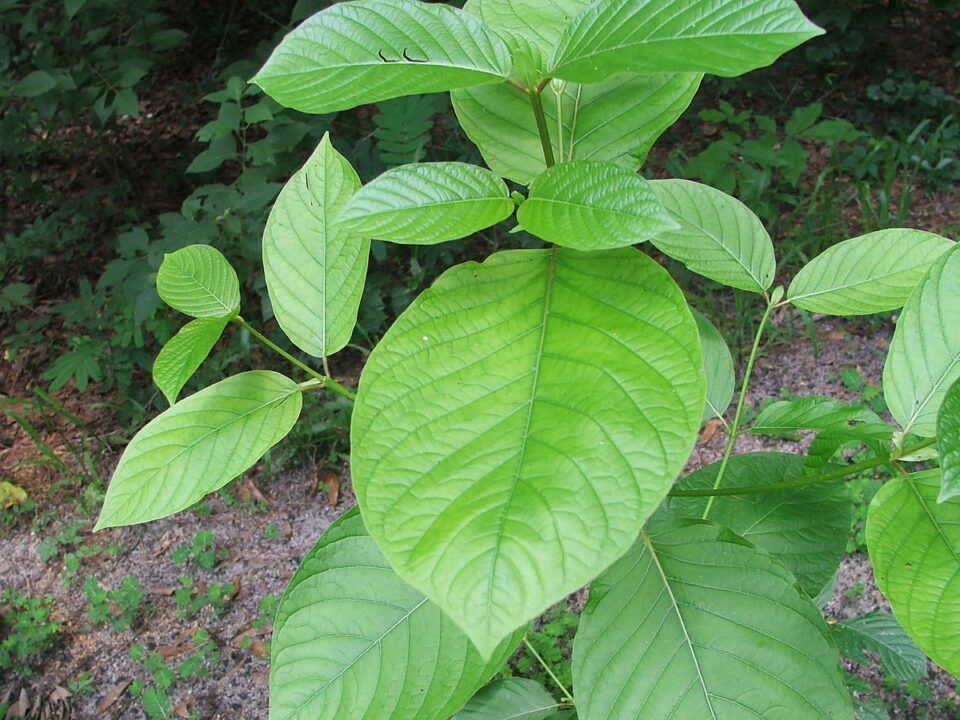Malay Kratom, scientifically known as Mitragyna speciosa, has been the subject of increasing scientific inquiry in recent years, shedding light on its mechanism of action and potential therapeutic benefits. At the heart of Malay Kratom’s effects are its alkaloids, particularly mitragynine and 7-hydroxymitragynine, which interact with various receptors in the brain and body to produce a range of effects.
One of the primary ways Malay Kratom exerts its effects is through its interaction with opioid receptors in the brain. Mitragynine, the most abundant alkaloid in Kratom leaves, acts as a partial agonist at mu-opioid receptors, leading to analgesic effects similar to opioids but with reportedly fewer side effects. This mechanism of action is believed to underlie Malay Kratom’s ability to provide relief from pain, making it a promising option for individuals suffering from chronic pain conditions such as arthritis, fibromyalgia, or migraines.
In addition to its effects on opioid receptors, Malay Kratom also interacts with other neurotransmitter systems in the brain, including serotonin, dopamine, and adrenergic receptors. This multifaceted action contributes to its diverse range of effects, including mood enhancement, energy boosting, and relaxation. By modulating neurotransmitter activity, Malay Kratom can promote feelings of well-being, increase energy levels, and induce a sense of calmness and tranquility.
Furthermore, Malay Kratom’s effects are dose-dependent, with lower doses typically producing stimulating and energizing effects, while higher doses tend to be more sedating and relaxing. This versatility makes Malay Kratom suitable for a wide range of applications, from enhancing focus and productivity to promoting relaxation and improving sleep quality.
The benefits of Malay Kratom extend beyond its effects on physical and mental well-being, encompassing a range of potential therapeutic applications. For individuals struggling with anxiety, depression, or stress, Malay Kratom offers a natural alternative for promoting mood stability and emotional resilience. Its ability to enhance mood and reduce feelings of anxiety has made it a popular choice among those seeking relief from mental health challenges.
Moreover, Malay Kratom has been studied for its potential cognitive-enhancing effects, with research suggesting that it may improve memory, cognitive function, and mental clarity. This makes it a promising option for individuals looking to optimize brain health and cognitive performance, particularly as they age.
In conclusion, the science behind Malay Kratom reveals a complex interplay of alkaloids and neurotransmitter systems in the brain and body, contributing to its diverse range of effects and potential therapeutic benefits. From pain relief and mood enhancement to energy boosting and cognitive enhancement, Malay Kratom offers a holistic approach to wellness rooted in centuries-old traditions. As research continues and awareness grows, Malay Kratom has the potential to become a valuable tool for promoting physical, mental, and emotional well-being in individuals seeking natural alternatives to conventional medications.

